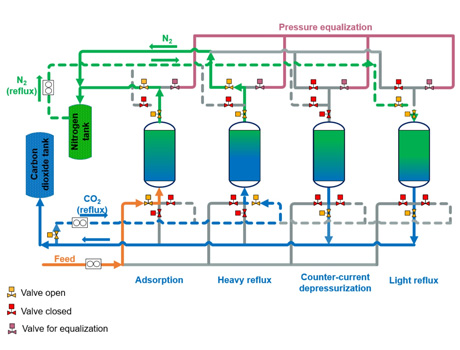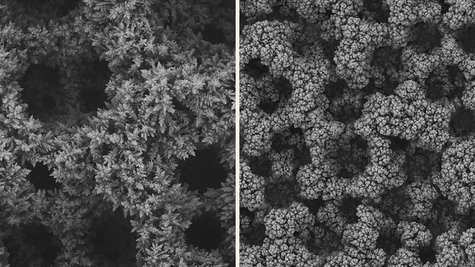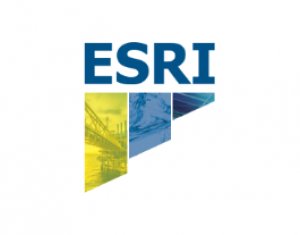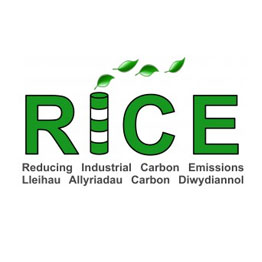Tackling Industry Emissions
Industry is one of the largest emitters of carbon dioxide emissions in Wales, which suggests that decarbonising industrial processes is one of the most impactful way to reach our own Paris climate agreement targets.
With steel making understood to produce significant amounts of CO2, Tata Steel is working with Swansea University’s Reduced Industrial Carbon Emissions (RICE) initiative to explore ways in which it can reduce its carbon emissions.
RICE, which is part of Energy Safety Research Institute (ESRI), is researching how to take the carbon dioxide emissions produced from heavy industrial processes such as steel making and use it to make high value products and industrially important chemicals which will in turn help drive a stronger and greener economy.
In conjunction with Tata Steel, the RICE project is constructing a large-scale CO2 separation demonstration system that aims to capture (and separate) carbon dioxide from complex industrial flue gasses and turn it from a harmful bi-product into useful, high-value products and industrially important chemicals such as green hydrogen, which can be used to fuel cars, pure proteins for animal feed and DHA omega-3 fatty acids for human use.
The development of flexible, at scale units, will allow industry to create bespoke solutions to a wide range of sources gas mixtures with Carbon Capture and Usage (CCU) and offer a response to reducing greenhouse gas emissions from major stationary emitters such as Tata Steel.
Using Algae
As part their research RICE is also investigating how algae can be used in an industrial environment to consume carbon dioxide constructing a near commercial scale 15,000L capacity photobioreactor to grow algae on industrial effluents and refine the algae to produce several products such as whole cell algae and a protein rich extract.
This research follows on from Swansea University’s EnAlgae project which grew algae on site at Tata Steel in Port Talbot and demonstrated that algae can help remediate waste gases and be used for biomethane energy production and fish feeds.







